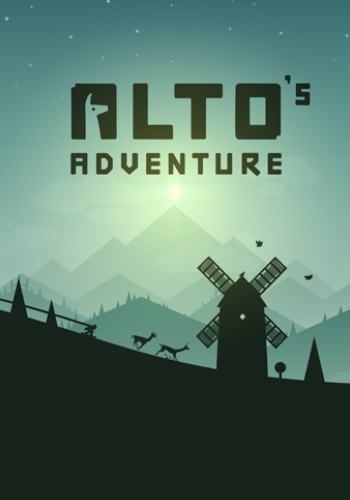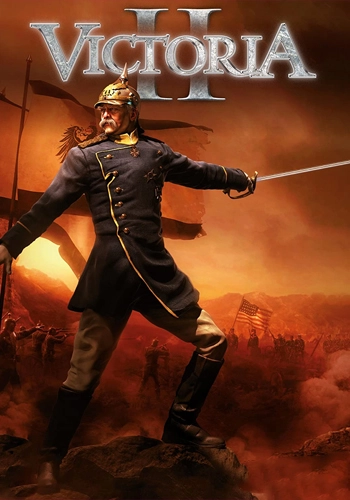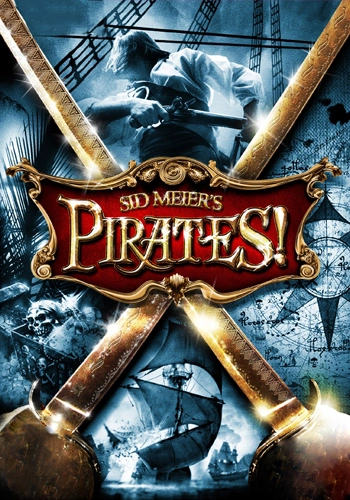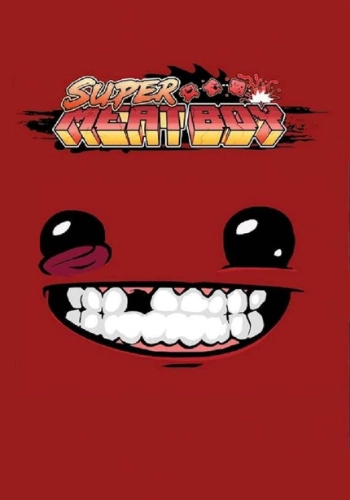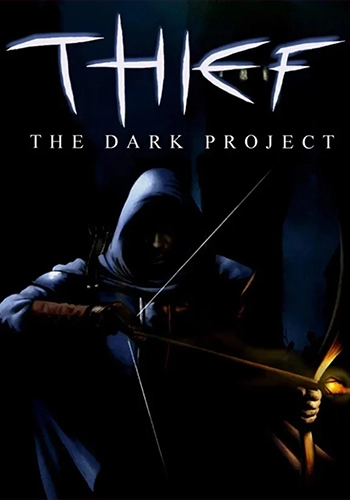Valiant Hearts: The Great War
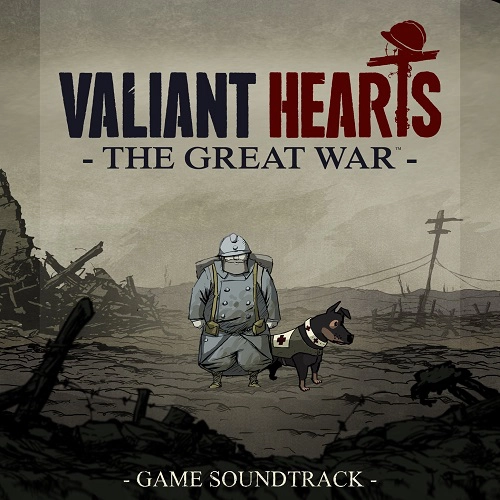
Beautiful pain
It is the year 2014 of the Lord. Little Mattis is in the third semester of a degree course that he mentally graduated from the previous year and was gifted a cute indie game called Valiant Hearts: The Great War by his good friend Jacko [name not changed by the editor]. Together with Child of Light quality offensive, after it had previously been discovered that the newly introduced 'always-on' copy protection was even worse received by the gaming community than flights on Malaysian airlines.
Unfortunately, only a small portion of the gaming community took to these two gems, as this might have actually made the anger dissipate a little quicker. Valiant Hearts, is similar to the aforementioned and beautiful Child of Light, a 2D sidescroller and tells the story of four characters who find themselves in the trials and tribulations of the First World War - a setting that had hardly any media presence at the time. Of course, things are very different now with games like Battlefield 1 or films like Dunkirk and 1917, but back then the scenario was still fresh and I was able to learn a lot about the First Great War through the many small information boards and collectable items.
The game principle is pretty simple and almost child-friendly: we run from right to left or left to right and usually have to give people objects to move on. These are often just lying around, and every now and then we have to do a bit of puzzling. All in all, however, the battle on the gameplay front is quickly decided and the fun of the game is backed against the wall. What to do? Collectibles are already included, nobody needs achievements and the stylistically confident, indie game art style à la Rayman Origins can't excite forever either. The situation seems hopeless.
Suddenly a loud roar in the distance. Reinforcements? Rescue? They approach on the horizon and begin their attack: the Feels bombers. Wave after wave of emotions hit and silence every critic. As soft as the gameplay is, the story in contrast is hard-hitting, focusing on the individual fates of the protagonists, whom we accompany on their way through a senseless war, the cause of which they are neither responsible for nor can they influence the outcome.
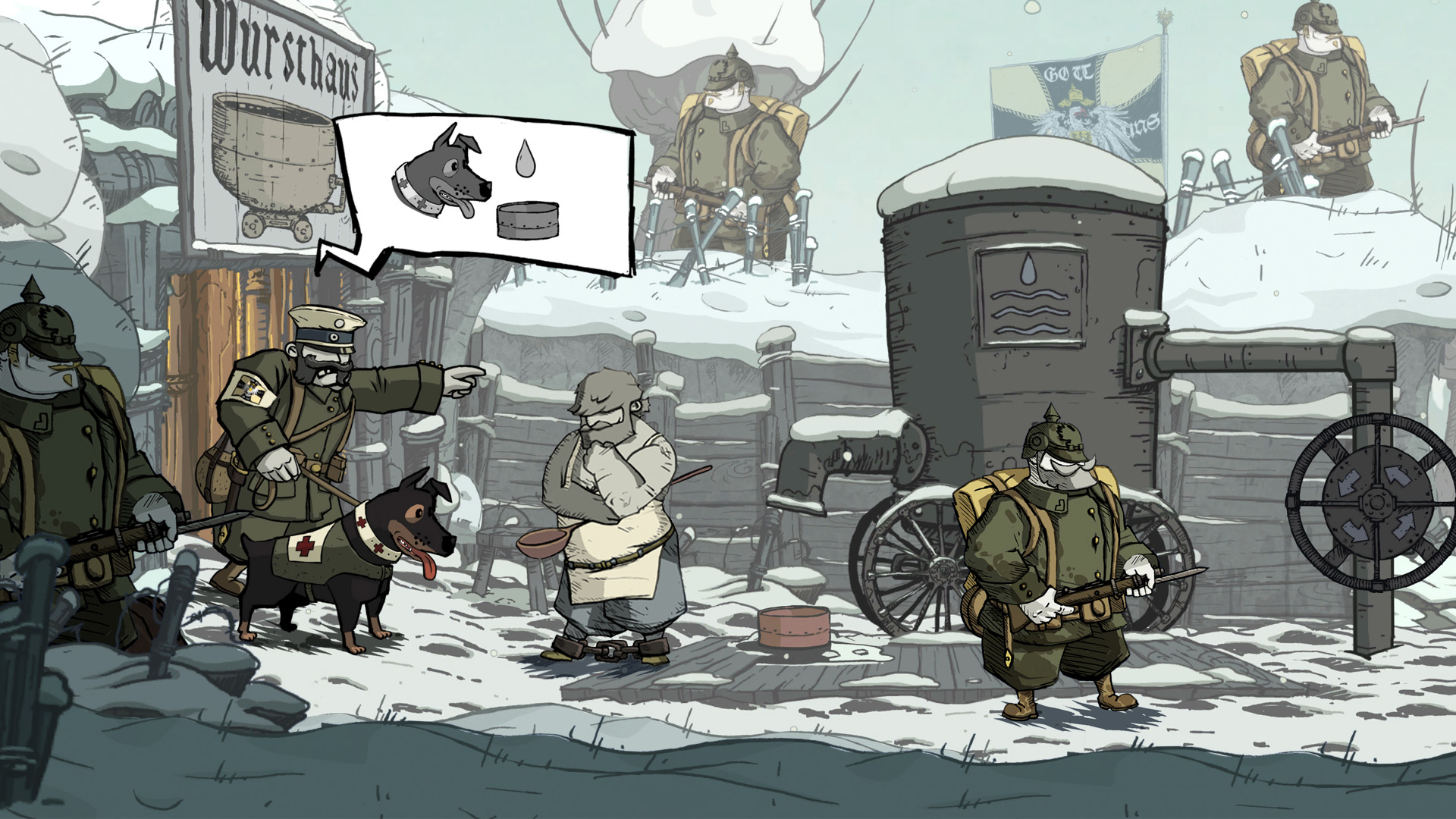
It's a heartbreaking story that starts out so hopeful and winds in a constant spiral of cruelty until I was sitting in front of the screen in tears at the end of the game. I'm built close to the water by nature, but I'm usually rational enough that a game doesn't get to me enough to break the dams - especially not in a 7-hour game. That usually takes a Mass Effect level of investment. So the game rightly won several awards, including for Best Narrative, but quite wrongly not for Original Dramatic Score (i.e. for the music) - Destiny and Call of Duty: Advanced Warfare won instead. Call of Duty! Need I say more?
The score
The soundtrack to Valiant Hearts is particularly close to my heart. Many of the emotional pieces rely on the piano for their instrumentation, which I, as an former and untalented pianist myself, particularly like. First of all, there is the main theme Little Trinketry: the simple waltz pattern is quickly complemented by a solemn, almost tragic violin motif. Sadness, regret, and then hope again, a little optimism in the colorless light of destruction, the remnants of past battles. Even before the game begins, we are made aware that we are not in for a feel-good game.
This image continues with Broken Wing, a piece that in many ways foreshadows the farewell motif, departure and abandonment that one would normally expect in an end or credits theme. Even though it corresponds to the narrative of the game, it doesn't sound like the beginning of a game, but its end, not a departure, but a farewell. The use of the guitar and the string accompaniment reminds me of an acoustic version of A Theme for Kjell from Battlefield 4 or a variation of Falling Into a Dream from Far Cry 3, which at that point in the soundtrack had already built up an emotional climax. Valiant Hearts takes this leap right at the beginning and manages not to become too pathetic.
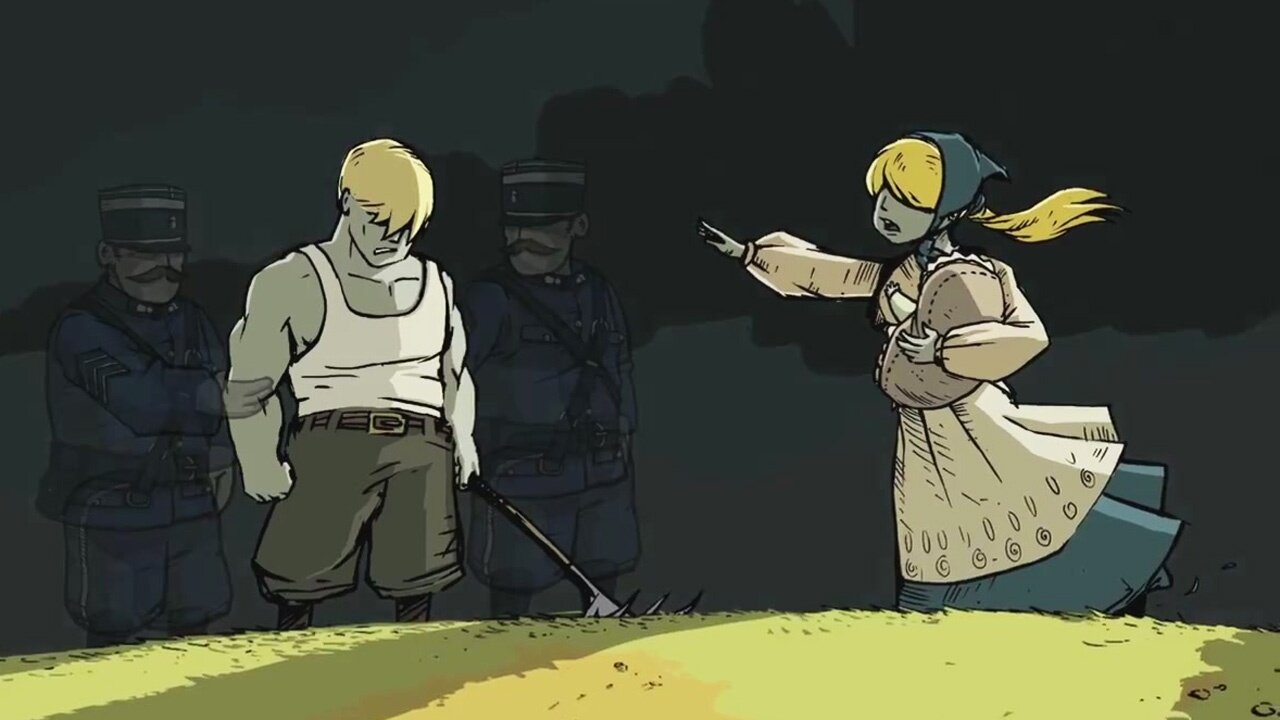
For me, this would be further proof of Ian Livingstone's talent for war soundtracks, which he has already shown with the music for Company of Heroes or Napoleon: Total War . Note the conjunctive, because even though according to official information (Wikipedia) Ian Livingstone and Peter McConnell are mainly responsible for the OST, my understanding is that it is more of a conglomerate of works by different composers, like Clinton Patrick Rusich for Broken Wing. But because listing 20 composers would be relatively obtuse, I (perhaps unjustifiably) credit the two composers with an influence on the individual works and apologize for any mistakes!
Back to Valiant Hearts and its collection of emotional piano pieces, which continues with Nurture . A simple piece, evidently since I can play it on the piano, that expresses so much suffering, so much pain, so much regret, that ebbs and flows in waves and even towards the end, despite a brief, powerful upsurge, fades away again like a single ray of sunshine against a cloudy sky. The appropriately named Mother Cloud as well as Lonely Pebble , on the other hand, have a more positive tenor and are more reminiscent of the aforementioned Child of Light or the soundtrack to the film Good Bye Lenin! by composer Yann Tiersen.
The piano pieces conclude with Dream Within Dreams, a fantastic and dignified song - this time also justifiably attributable to Livingstone - which represents a musical conclusion to the emotional rollercoaster ride Valiant Hearts-players endure. At first, it forms a bridge to the beginning of the game, as the first sequences of notes are immediately reminiscent of the first track Little Trinketry. It then accelerates, gradually floating into the next octave, lifting the listener associatively from the gray on the ground to heavenly heights. There it leaves us later - far from the horror of war. I could end the review now with these gentle words, but there are other tracks that I also like... only these are less romantic.
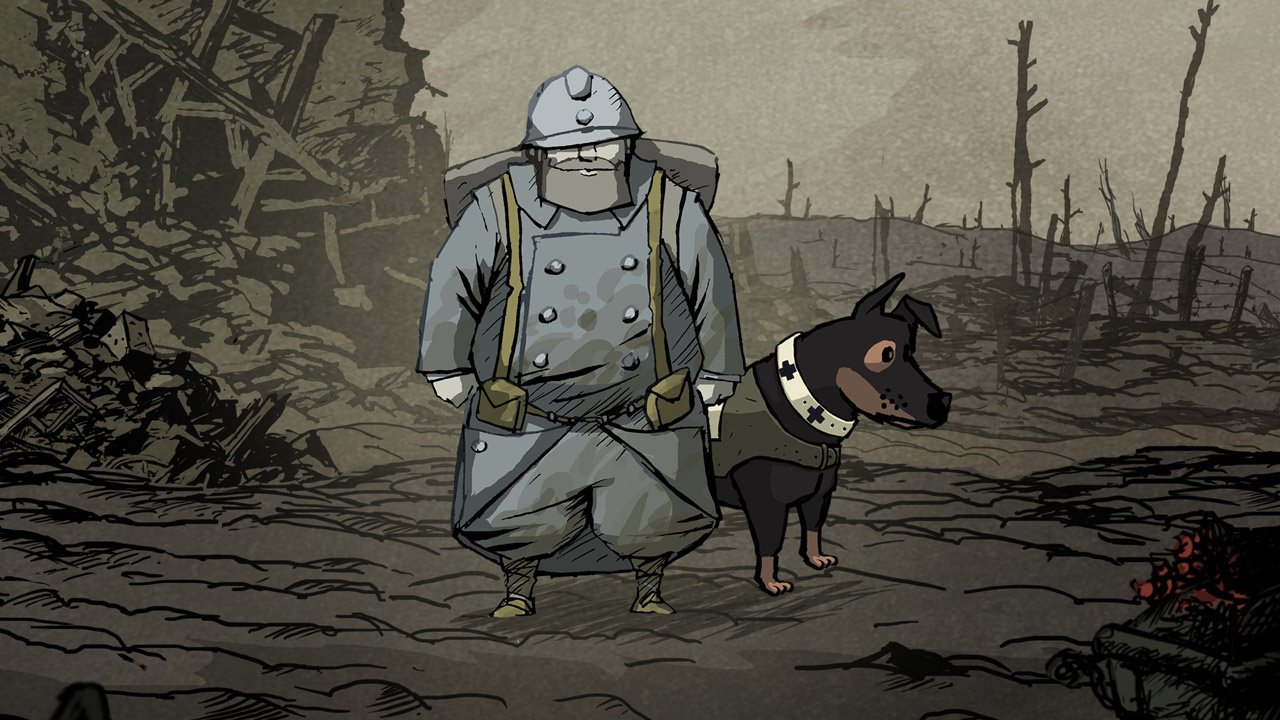
As unsentimental as this thematic break may seem, there are two other tracks that are the exact opposite of soulful piano strumming: Escape the Apocalypse and In the Line of Fire- both are action-heavy tracks that are more reminiscent of Christopher Nolan's Batman-trilogy and steer towards the Battlefield-series with powerful drums and horns than creating an anti-war sound. However, this comparative glorification of violence is also integrated into the narrative of the game and, as we can hear, very well realized musically.
To exaggerate, you could say that two very opposing groups of music lovers should enjoy this OST, or listeners like myself who equally appreciate the entire work. And for those who like 20s swing or French love songs, En avant la musique, Get Aboard and Comme un pigeon are highly recommended. Irrespective of this, I highly recommend everyone to give the game a try. It's not very long, it's now very cheap and, above all, it's not demanding, so there are no skill excuses: Even a teenager could get through the game ... or Jacko.

